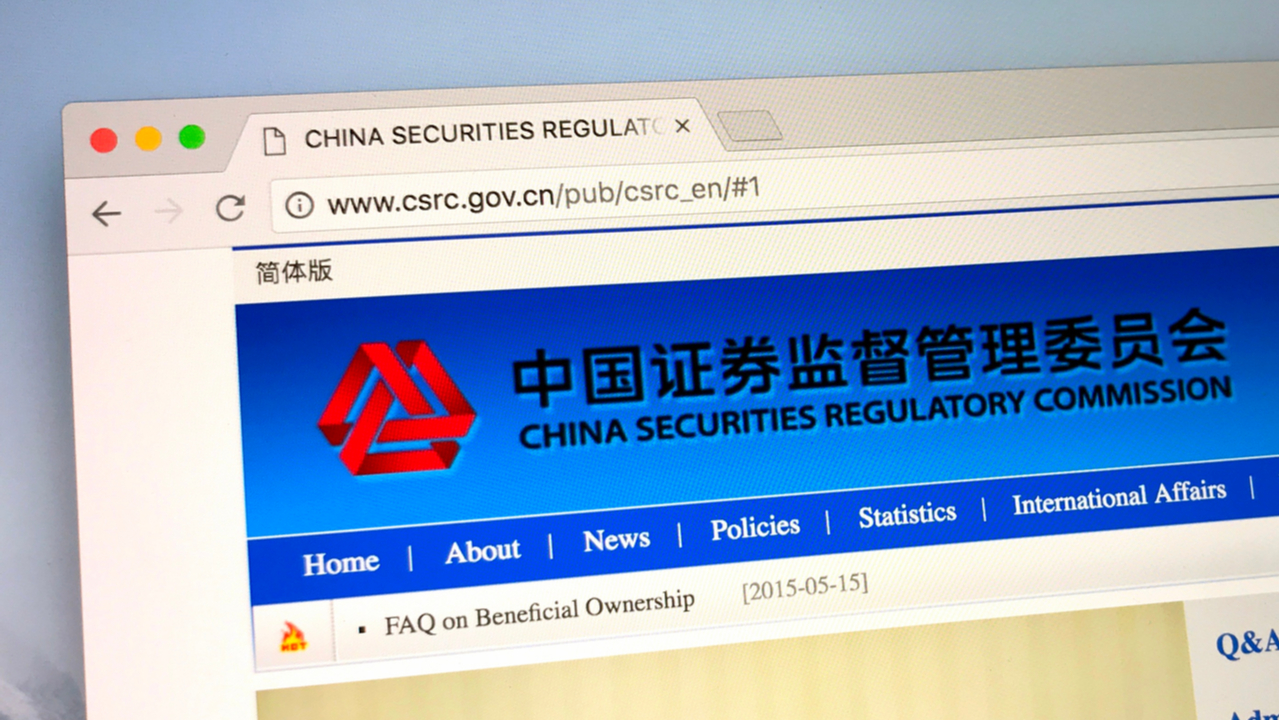Bitcoin (BTC) Nears $100K Amid...
27 November 2024 | 1:10 am

China’s Securities Regulatory Commission (CSRC) will promote a national alliance chain to introduce smart contracts and blockchain-based services to digitize the securities and futures market. The announcement was made at the China Securities Industry Alliance Chain and OTC Alliance Chain Special Work Symposium in Beijing. Jiang Dongxing, deputy director of the Science and Technology Regulatory Bureau of the CSRC, stated this digitization is key for the future of the industry.
The China Securities Regulatory Commission (CSRC) is interested in digitizing much of the securities and futures markets using alternatives such as blockchain and smart contracts, according to discussions that happened during the China Securities Industry Alliance Chain and OTC Alliance Chain Special Work Symposium recently held in Beijing. Jiang Dongxing, deputy director of the Science and Technology Regulatory Bureau of the CSRC, made some important remarks on the subject.
Dongxing stated that the most important task at hand was to study how to advance the digital transformation of the securities and futures industry and find a way to achieve that digital transformation.
Dongxing also stressed that the appeal of blockchain consisted in establishing a trust mechanism in the network environment, and that it will be the key information infrastructure for the securities and futures industry in the digital space after the proposed digitization.
China has established blockchain as part of the 14th “Five-Year Plan” for the country. These are roadmaps developed by the Communist Party to shape the key focus of the economy in the next five years. Blockchain, along with artificial intelligence and big data, is mentioned in the latest plan. In spite of these proclamations, the country has taken a hard stance on cryptocurrencies, which are an application of blockchain technology in the monetary field. This has come to be known as the “blockchain, not bitcoin” policy.
In fact, the Chinese government has moved to forbid cryptocurrency mining from several provinces of the country, including Sichuan and Yunnan. This caused a global drop in the amount of work securing the Bitcoin blockchain and a subsequent decrease in the difficulty of mining. In the same vein, The People’s Bank of China conducted a series of crackdowns on illegal cryptocurrency trading activities in August and shut down 11 companies that were allegedly conducting illegal virtual currency transactions.
What do you think about using blockchain to digitize the securities market? Tell us in the comments section below.